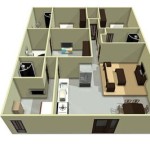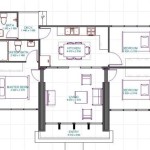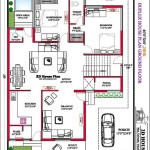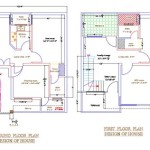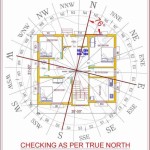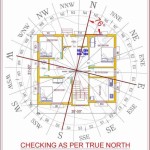Building House Plan: Essential Aspects to Consider
Creating a building plan for your dream house is an exciting and crucial undertaking. A well-thought-out plan lays the foundation for a home that meets your needs, fits your budget, and stands the test of time. Here are the essential elements to consider when building a house plan:
1. Determine Your Needs and Lifestyle
Before you start drawing lines on a blueprint, take time to assess your current and future needs. Consider the number of bedrooms and bathrooms, the size of the living areas, and the type of outdoor space you desire. Think about your lifestyle and how you use your home. Do you need a dedicated home office, a large kitchen for entertaining, or a spacious family room for gatherings?
2. Set a Realistic Budget
The cost of building a house can vary greatly depending on the size, complexity, and materials used. Determine your budget upfront and stick to it. Factor in not only the construction costs but also the costs of land, permits, and any necessary upgrades or additions. Consider consulting with a financial advisor or mortgage lender to get a clear understanding of your financial capabilities.
3. Choose a Suitable Location
The location of your house will influence its value, accessibility, and overall enjoyment. Consider factors such as proximity to schools, transportation, shopping, and recreational facilities. Research the neighborhood, check for potential hazards or noise pollution, and consider the long-term development plans for the area.
4. Find an Architect or Designer
Hiring a qualified architect or designer is highly recommended, especially for complex or large-scale projects. They can help you create a plan that meets your needs, complies with building codes, and optimizes the functionality and aesthetics of your home. They can also assist with selecting materials, obtaining permits, and overseeing the construction process.
5. Consider Energy Efficiency
Building a house that is energy efficient will not only save you money on utility bills but also contribute to environmental sustainability. Discuss with your architect or builder ways to incorporate energy-efficient features such as insulation, high-performance windows, and solar panels. These investments will pay off in the long run by reducing your energy consumption and lowering your carbon footprint.
6. Plan for the Future
While you may not have a crystal ball, it's wise to plan for potential changes in your life or family situation. Consider the possibility of expanding your home in the future, adding an accessory dwelling unit (ADU), or making it accessible for aging in place. A well-designed plan can accommodate these future needs without major renovations.
7. Get Legal Approval
Once you have a finalized house plan, you will need to obtain building permits from the local authorities. This process ensures that your plan complies with building codes, zoning regulations, and safety standards. The permitting process may involve inspections and reviews by qualified professionals, so it's important to allow ample time for this phase.
Building a house is a significant investment that requires careful planning and consideration. By addressing these essential aspects, you can create a house plan that perfectly reflects your needs, fits your budget, and stands as a testament to your dreams for years to come.

Easy To Build Houses And Floor Plans Houseplans Blog Com

Small House Design 2024001 Pinoy Eplans Floor Plans

Easy Home Building Floor Plan Cad Pro

Floor Plan Creator And Designer Free Easy App

House Plans How To Design Your Home Plan

10 Things To Consider In A House Plan Ck

Do Building Plans Or House For You

You Ve Decided To Build A House Now What The Designers

A Quick Guide To Building Custom Home Modern House Plans By Mark Stewart

Home Plan House Designers In Bangalore Buildingplanner

